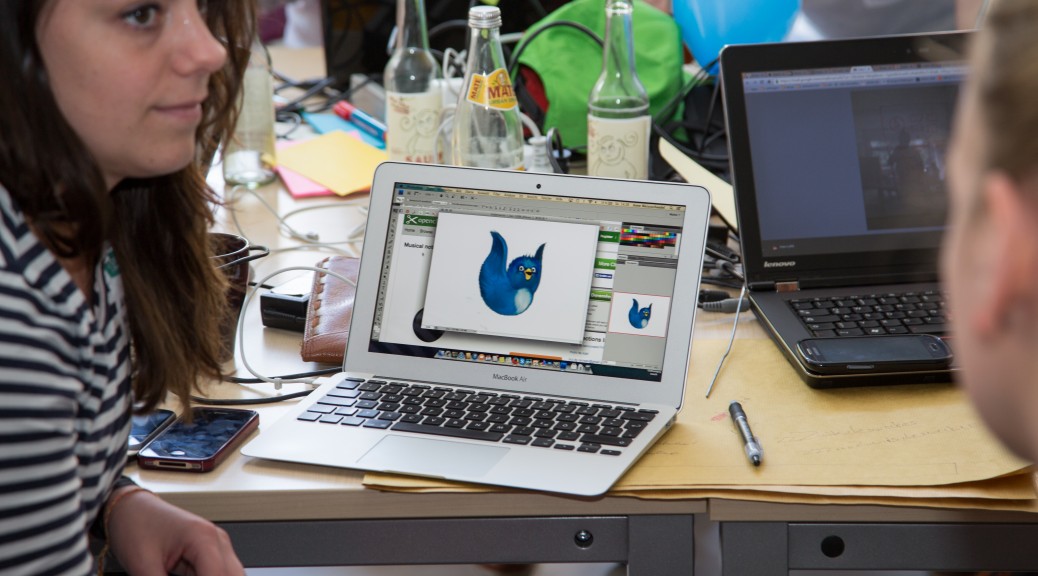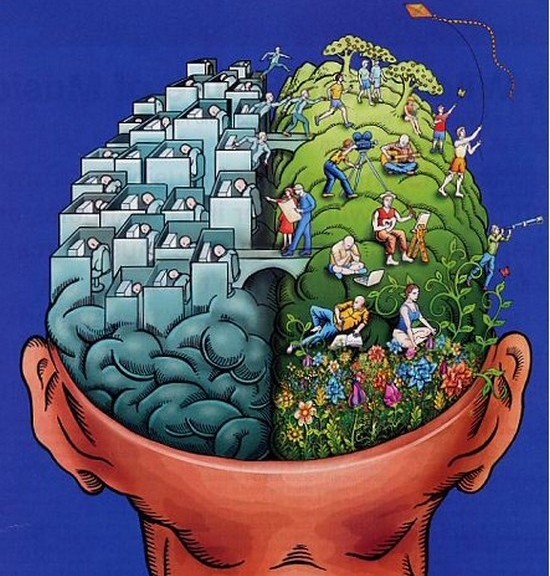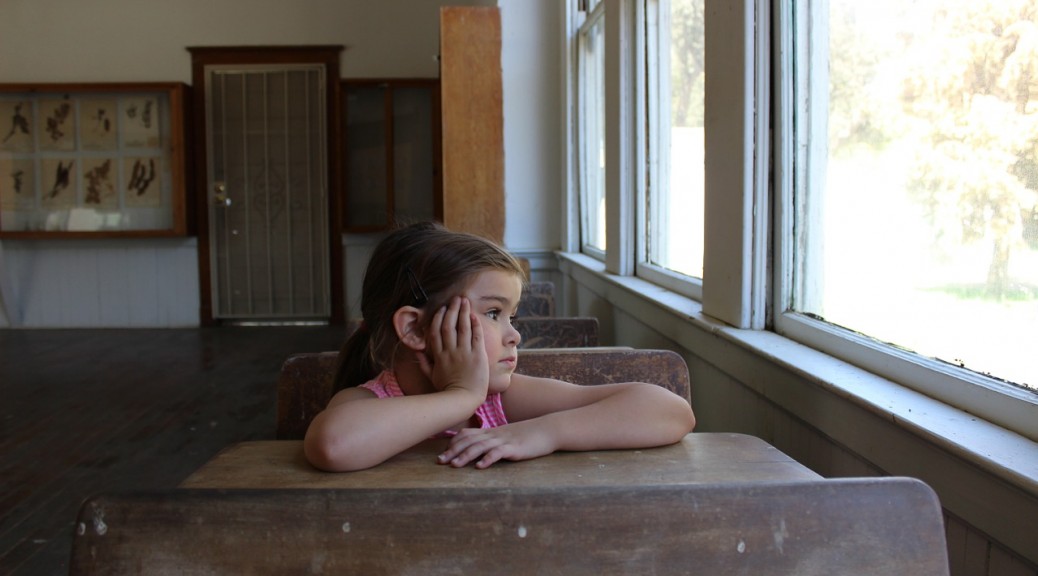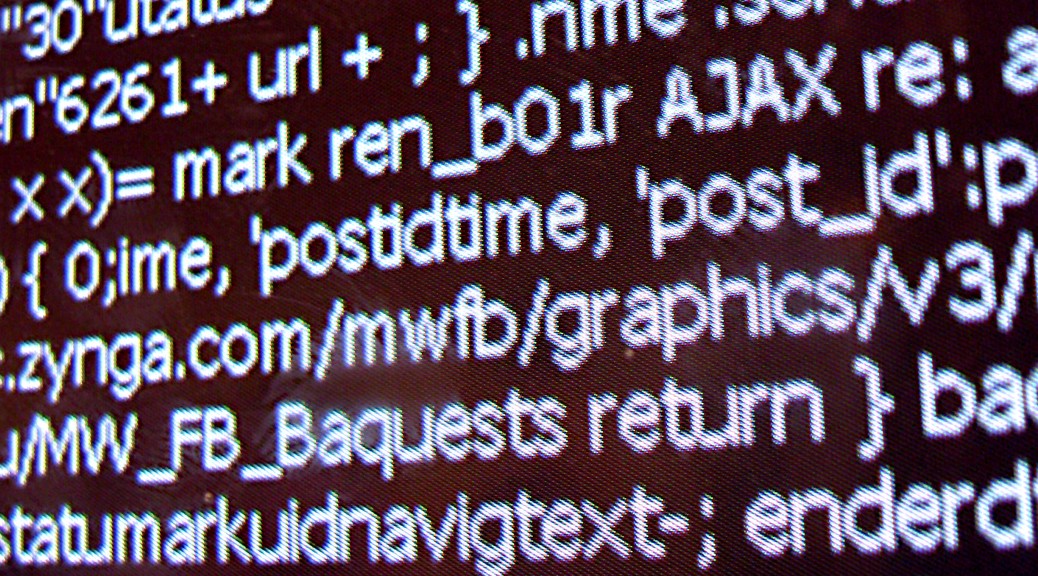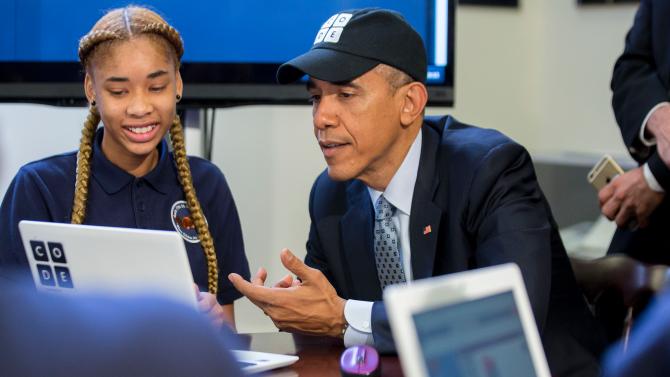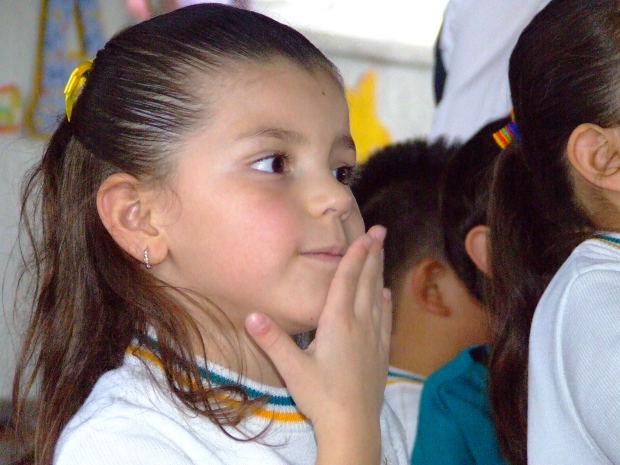Sometimes it is easy to forget why there is so much urgency to improve coding education in this country. Throughout the world, children are exploring aspects of coding that would put some of our country’s schools to shame. Consider a recent article for the Nation Multimedia titled “Computer coding classes for kids in high demand in Singapore schools.”
According to the author of the article, “SINGAPORE parents see programming, computing skills as essential for their future in a Smart Nation. Forget traditional enrichment classes to learn ballet or play the piano. More children are being sent for computational thinking and coding lessons as parents increasingly see the value in starting them early in a manpower-hungry industry. Coding schools said they have seen more parents signing their children up for such classes over the past three years, and that demand continues to grow steadily. Miss Juliana Ung, who runs The Kid Coders, said: ‘Parents recognise that coding is useful and important, as the world and future will be driven by more and more computing technology. There is also the appreciation that technology helps children with schoolwork. It’s the latest education trend.’ Mr David Lee, founder and principal trainer of Computhink, said more parents want their children to be better prepared for the future, especially one in which the government has envisioned Singapore to be a Smart Nation, where technological skills will be highly sought after. ‘There are many parents who understand the importance of programming and they want their children to be prepared for the future,’ he said. IT project manager Ng Chee Wee is among those who subscribe to the view. The 43-year-old sent his two daughters, aged eight and 10, for holiday coding classes last year. ‘Programming lessons train them in logic and clear thinking. It’s a valuable skill that helps in everyday life and any industry that deals with computers; they don’t necessarily have to become programmers to benefit from classes,’ he said.”
If you’re looking for the best in hands-on coding education, there is no substitute for great mentorship. When it comes to customized coding education, your best bet is CodeRev Kids. At CodeRev Kids, our lessons focus on computational thinking, which encompasses a wide variety of programming languages and concepts.
Our lessons build upon one another and we adjust starting points to each student’s level of expertise. Thus, the entire curriculum is customized. We are known for saying we are the most educational tech camp out there, but we also keep the focus on having fun. As a result, students stay engaged while learning to blend creativity with technology.

